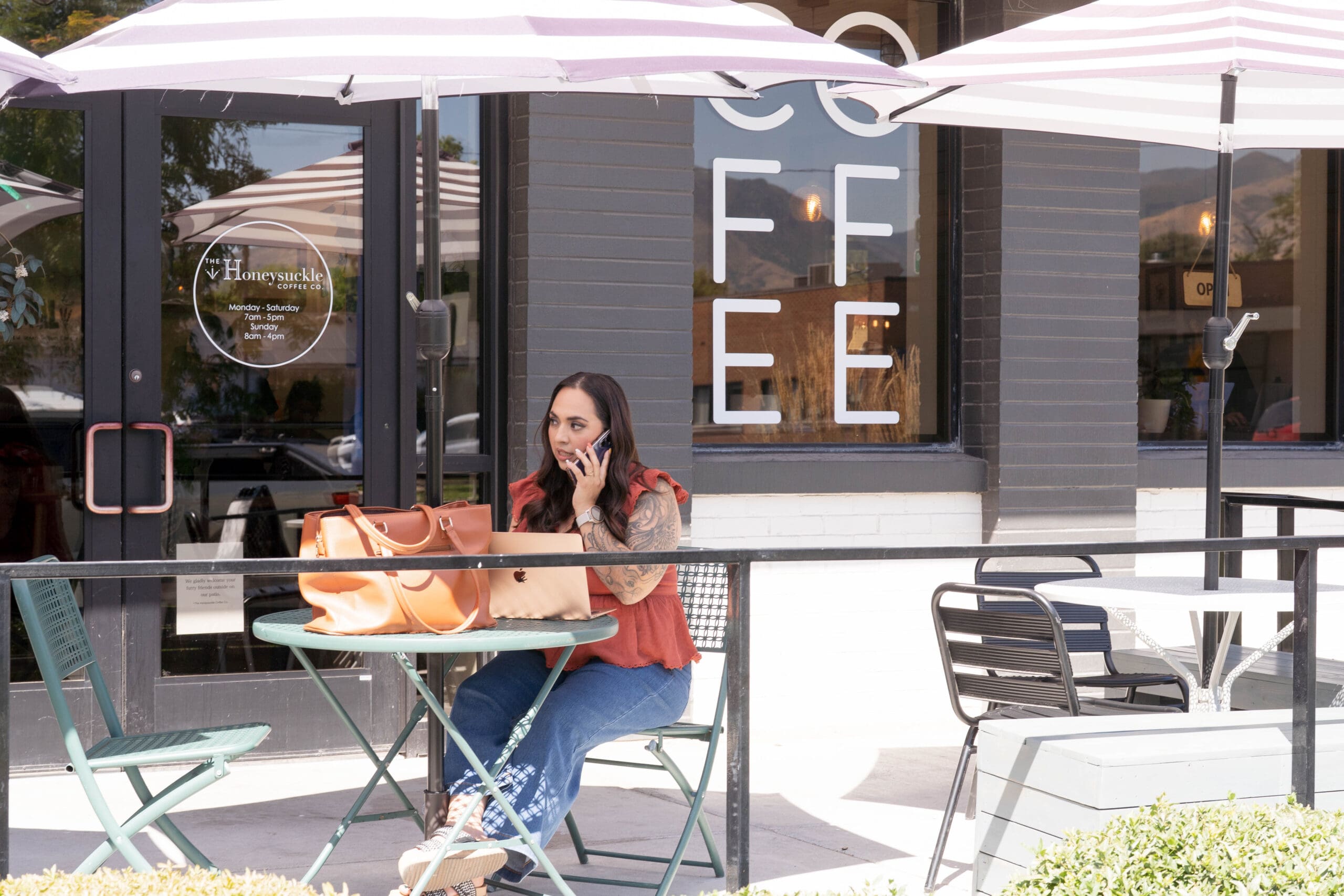If you’re like most small business owners, you wear a lot of hats: CEO, problem solver, fire extinguisher, visionary. But when the unexpected happens (a data breach, a supplier failure, or even a power outage) that lasts longer than your patience–wearing all those hats at once becomes impossible.
Understanding the most common business continuity mistakes is the first step toward protecting what you’ve built. That’s where business continuity comes in. Yet too many small businesses make avoidable mistakes that leave them vulnerable when it matters most. Let’s break down why these mistakes happen and what’s really at stake when they do.
Mistake 1: Assuming ‘It Won’t Happen to Me’
One of the biggest business continuity mistakes small businesses make is assuming disaster won’t strike.
You’ve worked hard to build your business, so it’s natural to believe nothing could take it down. But disruptions don’t discriminate. Whether it’s a cyberattack, a flood, or a sick day that turns into a month-long recovery, every business faces risks that can halt operations in an instant.
Why this happens:
Small business owners tend to operate in survival mode–juggling growth, clients, and cash flow–so the idea of preparing for “what if” scenarios feels like a luxury. But in reality, planning for disruptions is what keeps your business alive to enjoy the growth you’re working so hard for.
The impact:
Without a continuity mindset, even small disruptions can cause ripple effects–missed deadlines, lost clients, damaged reputation, and emotional burnout. Business continuity isn’t about fear; it’s about foresight.
Mistake 2: Confusing Insurance with Preparedness
This is one of the top business continuity mistakes small business owners make–thinking insurance is important and equals preparedness–but it’s not a plan.
Too many business owners believe that having a policy means they’re “covered.” In reality, insurance helps you recover financially, not operate functionally. It can replace equipment or cover damages, but it can’t replace lost clients, rebuild your reputation, or tell your team what to do in the moment.
Why this happens:
Insurance gives a false sense of security. It feels like the responsible adult thing to do: check the box, pay the premium, and move on. But insurance only steps in after the disruption has happened. Continuity planning, on the other hand, helps you stay in business while it’s happening.
The impact:
The gap between coverage and capability is where most small businesses lose momentum. While you’re waiting for claims to process or repairs to be approved, operations stall, customers leave, and your team is left guessing. That’s not preparedness, that’s gambling with your future.
Mistake 3: Relying on Memory Instead of Documentation
If your “plan” lives in your head, you don’t actually have one. Many small business continuity plans fail because the details live in someone’s head instead of being documented.
You might know what to do, but what happens if you aren’t the one there to do it? Whether you’re out sick, traveling, or simply unavailable, relying on memory means your business runs on assumption, not structure.
Why this happens:
Entrepreneurs are used to being the fixer, the go-to, the one who just knows. Writing things down feels tedious or unnecessary–until you realize no one else knows how to log into that system, contact that vendor, or access that key file when it counts.
The impact:
Without documentation, decision-making slows down, confusion spreads, and recovery takes longer. In a crisis, time is the most valuable resource you have–and you lose it fast when everyone’s guessing instead of following a plan. Documentation isn’t bureaucracy; it’s business survival.
So, What Can You Do Instead?
Avoiding these business continuity mistakes is how small business owners can build true resilience. And, if any of these mistakes sound familiar, don’t panic–you’re not behind; you’re just at the starting line.
Preparedness doesn’t have to be complicated, and it definitely doesn’t have to be corporate. You can start small, stay consistent, and build confidence along the way.
That’s why I created the Ready-ish Isn’t Ready checklists a free tool to help you spot where your business might be vulnerable.
And when you’re ready to move from awareness to action, the Business Continuity Essentials Kit (COMING SOON – launching mid-October) walks you through the how (step-by-step), at your own pace, so you can build a continuity plan that fits your business, not someone else’s.
Final Thoughts
Resilience isn’t about perfection–it’s about preparation.
Your business doesn’t have to be “big” to be ready; it just has to be intentional.
Because when disruption hits, it’s not your insurance policy or your memory that saves your business–it’s your preparation.
Plan today. Thrive tomorrow.
Top 3 Business Continuity Mistakes Small Business Owners Make

Leave a Reply Cancel reply
Your business deserves to thrive, not just survive.
At BCWise, we believe what you’ve built deserves to last.
We help small, women-owned businesses plan for the unexpected, and lead with clarity and peace of mind.
Home
About
Explore Services
Coworking Experience
Blog
Contact Me
Newsletter
Stephanie Ortega
Continuity made clear. Resilience made simple.
Home
About
Explore Services
Coworking
Blog
Contact Stephanie
Join the Newsletter
Follow on Instagram